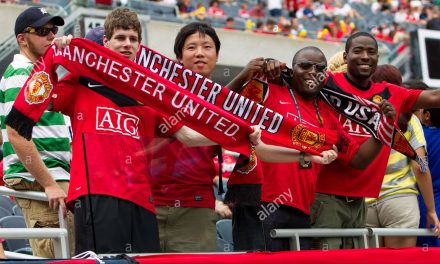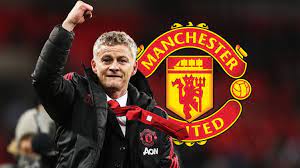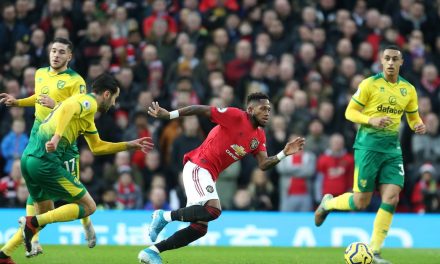When he took over from the destructive fallout left behind from the tenure of Jose Mourinho, Ole Gunnar Solskjaer was given the interim role with the task of steadying the ship as someone who is familiar with the club culture and returning to their roots – a family club that encourages youth to be blooded and plays attacking football. And that seemed highly possible as Ole went on a winning spree only familiar during Sir Alex’s tenure. 10 wins and 2 draws from his first 12 games gave supporters hope that the good times has returned to Old Trafford. By the time his 19th game came around, Ole had already won 14 of a possible 19 games. Impressive to the board and with the fans clamouring for permanent appointment of a legend after that sequence of games, he was then given the permanent role.
In his initial days as a United manager, Ole’s PR appeal was to “reset the club culture” to the familiar settings held under Sir Alex. This was a highly appealing move considering how the man before him went so far away from that in search of success. And it worked, as Ole used moves he picked up from his former manager and immediately appealed to the team as well as the fans. Gestures such as not using the car parking space once used by Sir Alex and inviting the legendary manager to training sessions allowed him credit to survive the dark period that hit soon after his impressive winning sequence. In the next 29 games, he won 6, drew 10 and lost 13 times. Up till Jan 31 2020, and the arrival of Bruno Fernandes, United were a Jeykell and Hyde team who could play breath taking counter attacking football but also be dismally plain and incapable of other variations but counter attacking.
In this time frame, Ole guided the club to 3 semi-finals – Europa League, FA cup and Carabao cup in the 19/20 season. A 4th semi-final defeat to local rivals Man City on Jan 7 2021, provided more argument that Ole is making progress and that he should be trusted in the long run to bring success back to the club. Fans cite his purchases of Harry Maguire, Aaron Wan Bissaka, Dan James and Bruno Fernandes as a few key factors of his leadership that should be given time. He’s ruthlessness in getting rid of deadwood were also seen as someone who knows what he wants and how to achieve them.
However, detractors, including yours truly, point to his poor in-game management and his inability to adapt to other tactics as signs of a manager who is limited by his own ability. Ole may say the right things in front of the media, but United and its financial backing are only concerned about the success on field. United’s mammoth status amongst its brand sponsors are due to their constant winning under Sir Alex and that may change in the future, if success cannot be brought to the club by a legend-turned-manager.
And that brings us to the question: Should Ole Gunnar Solskjaer continue to be the man in the Old Trafford hot seat? That depends on what the board would deem as success. At present, Ole has proved that he is able to bring the team forward in terms of culture and mentality. He has identified players that are willing to play for the club and brought back the secrecy of a united camp that was once a hallmark of Sir Alex’s tenure. At the same time, one cannot overlook his inability to win key games or make changes in-game that affect the flow of the game. Games such as semi-finals being lost on a regular basis reflects poorly on the manager. Using the squad to its fullest and springing surprises to their opponents are what differentiates managers that have trophies in their CVs to ones that are remembered as the almosts. He has a preferred set up and does not experiment too far from it, highlighted by his lack of usage of Odin Ighalo and insisting that Rashford and Martial are the no 9s that United have been missing. Fans may be patient, as they would not easily turn their backs on a legend, but its closing to a decade since they last won the league, the closest still being a 2nd place finish under the scorned Jose Mourinho. How much longer, before patience wears thin. A new manager may reset the work Ole has put in but at the same time, it may elevate the team to one’s that are genuine contenders. For now, all Ole can do is to win the cup competitions and get backed by the people he reports to.
Baz





